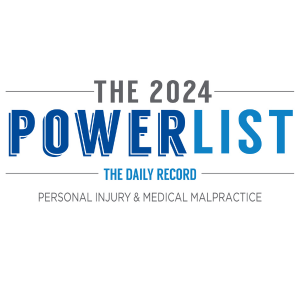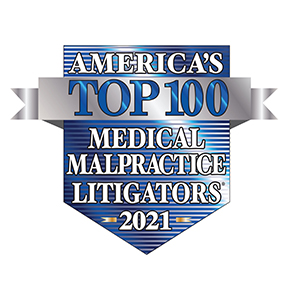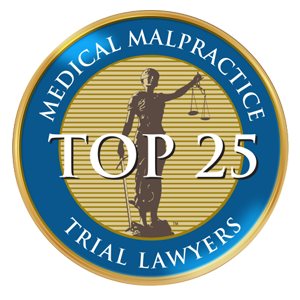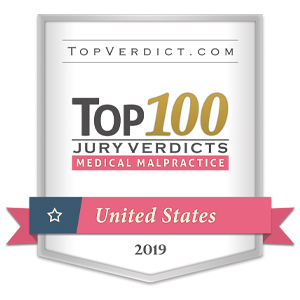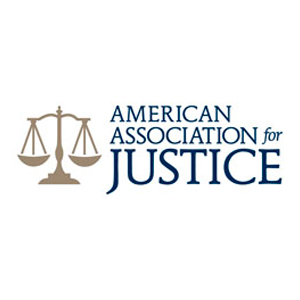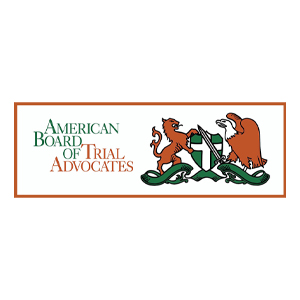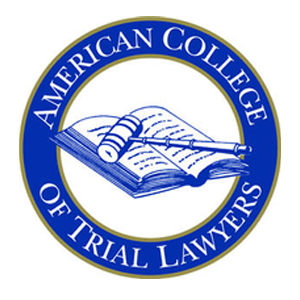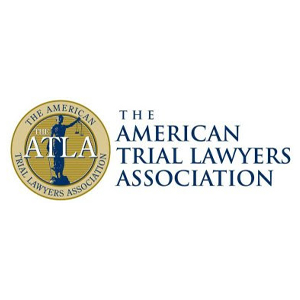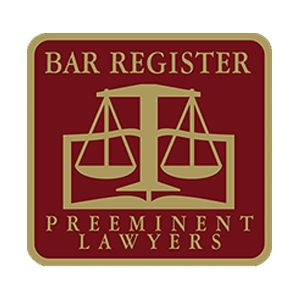When medical professionals make preventable mistakes during childbirth, families face unbearable heartache watching their newborn suffer while confronting the heaping pile of medical bills.
A Chillum birth injury lawyer specializes in helping families secure financial compensation for injuries caused by healthcare providers who failed to meet accepted standards of care during pregnancy, labor, or delivery.
At Schochor, Staton, Goldberg and Cardea, P.A., our attorneys have secured substantial recoveries for Prince George’s County families affected by birth injuries. We pursue justice for your child while ensuring you receive the funds needed for immediate treatment and lifelong care.
Maryland Birth Injury Laws: Time Limits and Legal Requirements
Birth injury claims in Maryland operate under specific legal frameworks that directly impact your family’s ability to recover compensation. Understanding these requirements is vital for protecting your child’s rights.
Proving Medical Malpractice in Birth Injury Cases
To succeed in a birth injury claim, Maryland law requires establishing four key elements:
- A doctor-patient relationship existed, creating a duty of care
- The healthcare provider breached this duty by failing to meet accepted medical standards
- This breach directly caused your child’s specific injury
- The injury resulted in actual damages requiring compensation
Our attorneys work with qualified medical experts to document each element, building persuasive cases that clearly demonstrate liability.
Critical Filing Deadlines That Cannot Be Missed
Maryland Courts and Judicial Proceedings § 5-109 establishes strict deadlines that vary depending on who is filing the claim:
For Parents:
- Claims must be filed within five years from when the injury occurred or three years from when it was discovered, whichever comes first
For Injured Children:
- Maryland extends the filing deadline until the child’s 11th birthday for most birth injury cases
- This extension recognizes that some neurological injuries aren’t apparent until developmental milestones are missed
For Wrongful Death:
- If a birth injury results in death, claims must be filed within three years of the date of death
Missing these deadlines permanently eliminates your right to compensation, regardless of how clear the negligence or how severe the injuries.
Maryland’s Damage Caps and Compensation Limits
Maryland law distinguishes between two types of damages in birth injury cases:
- Economic Damages (No Cap)
- Maryland places no limit on economic damages such as medical bills, therapy costs, specialized equipment, and lost earnings
- This allows families to recover all financial costs related to the birth injury
- Non-Economic Damages (Capped)
- Maryland Courts and Judicial Proceedings § 3-2A-09 limits non-economic damages (pain and suffering)
- For cases arising in 2025, this cap stands at approximately $905,000 with annual adjustments
- Higher limits may apply in wrongful death cases with multiple beneficiaries
Understanding these distinctions helps families develop realistic expectations about potential compensation in birth injury claims.
Common Birth Injuries and Medical Negligence in Chillum
Our experience with Prince George’s County birth injury cases reveals several recurring patterns of medical negligence that harm newborns and mothers.
Delayed Emergency Cesarean Sections
When complications arise during labor, prompt surgical intervention prevents injury. At Washington Adventist Hospital and other facilities serving Chillum families, harmful delays sometimes occur due to:
- Failure to properly interpret fetal monitoring data showing distress
- Communication breakdowns between nursing staff and physicians
- Inadequate staffing during evenings and weekends
- Hesitation to perform surgery despite clear warning signs
These delays allow oxygen deprivation to progress, potentially causing permanent brain damage that affects your child throughout their lifetime.
Failure to Monitor Fetal Distress
Electronic fetal monitoring during labor provides vital information about a baby’s condition. When healthcare providers misinterpret data or ignore warning signs, babies experience preventable oxygen deprivation, leading to:
- Hypoxic-ischemic encephalopathy (HIE)
- Cerebral palsy, affecting movement and coordination
- Intellectual disabilities requiring lifelong support
- Seizure disorders necessitating ongoing medication
Proper interpretation of fetal heart rate patterns and timely intervention prevent most of these devastating outcomes. When monitoring protocols are violated, healthcare providers may be held liable for resulting injuries.
Improper Use of Delivery Instruments
When labor progresses slowly, doctors sometimes employ forceps or vacuum extractors. While these instruments can safely assist delivery when properly used, misapplication causes serious injuries:
- Skull fractures leading to brain hemorrhage
- Facial nerve damage resulting in permanent paralysis
- Brachial plexus injuries affecting arm and shoulder function
- Cephalohematomas and subgaleal hemorrhages
Medical standards require proper training and technique when using these instruments. When Chillum-area providers apply excessive force or use instruments in contraindicated situations, they fall below accepted standards of care.
Medication Errors During Labor and Delivery
Medication mistakes during childbirth pose serious risks to both mother and baby:
- Oxytocin (Pitocin) errors causing hyperstimulation and fetal oxygen deprivation
- Epidural anesthesia mistakes leading to maternal hypotension
- Incorrect dosing of medications for maternal conditions
- Administration of contraindicated drugs during pregnancy
According to the Maryland Patient Safety Center, medication errors rank among the most preventable causes of birth injuries. Proper protocols and verification processes prevent most of these mistakes, making such errors particularly clear examples of negligence.
Additional Forms of Medical Negligence
Beyond these common scenarios, birth injuries also result from:
- Mismanagement of maternal health conditions like preeclampsia or gestational diabetes
- Failure to diagnose and treat maternal infections transmissible to newborns
- Improper response to placental abruption or umbilical cord complications
- Negligent neonatal care immediately following birth
When any healthcare provider involved in prenatal care, labor, delivery, or newborn care fails to meet accepted standards, they may bear responsibility for resulting injuries.



























































